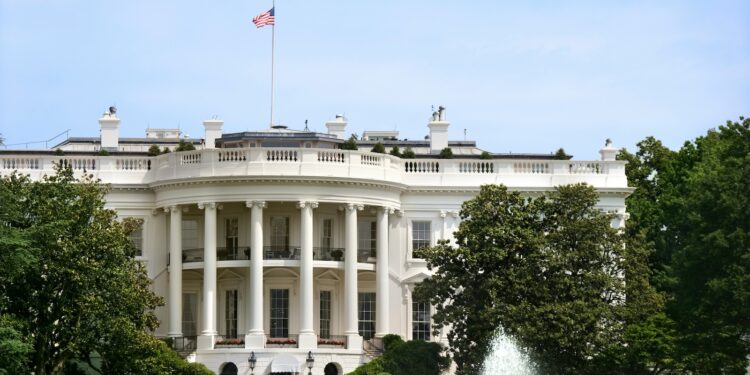Apple is under economic fire. The US administration under Donald Trump has announced new import tariffs that will have a major impact on the tech giant's international supply chain. As a result, Apple shares lost more than seven percent in after-hours trading. The details of the new trade measures show that this time things are getting serious – both for Apple and for the entire tech industry.
In an official press conference yesterday evening (German time), the Trump administration announced the introduction of comprehensive import tariffs. According to Trump, the goal is to strengthen domestic production. In practice, however, this means higher production costs for US companies with global manufacturing – and Apple is at the top of the list. The affected countries are key locations in Apple's supply chain. This affects not only China, but also Vietnam, India, and Malaysia. The announced measures could significantly impact Apple's profitability – Apple's share price has fallen significantly.
What exactly was decided
Trump announced two tariffs. First, a uniform base tariff of 10 percent on all imports into the United States. This will take effect on Saturday, April 5. In addition, so-called reciprocal tariffs will be introduced. These will specifically target countries that, according to Trump, shield their own markets from US products or whose government interventions lead to distortions of competition. These reciprocal tariffs will take effect on Tuesday, April 9.
This is how badly Apple is affected
Apple is particularly affected by the new regulations because the company has most of its devices manufactured abroad. The most important locations are China, Vietnam, India, and Malaysia. The tariffs on imports from these countries were specifically quantified today.
- Products from China, especially iPhones, will be subject to tariffs of up to 54 percent in the future. This rate consists of a new counter-tariff of 34 percent plus the 20 percent already introduced in January.
- Vietnam, a key production site for AirPods, MacBooks, and the Apple Watch, is subject to a tariff rate of 46 percent.
- A rate of 26 percent applies to imports from India, where Apple now operates several manufacturing facilities.
- Suppliers from Malaysia will have to pay 24 percent in the future.
- All other countries from which Apple sources components are now subject to at least the new base tariff of 10 percent.
Diversification only provides limited relief
Following the experiences of the 2018 trade war and the disruptions caused by the coronavirus pandemic, Apple has attempted to reduce its dependence on China in recent years. The company shifted production capacity to other Asian countries such as Vietnam and India. But this strategy no longer offers any protection, as these countries are also targeted by the new tariff policy.
Financial markets react immediately
The impact on Apple's share price was not long in coming. Immediately following the announcement, the stock plummeted by over seven percent in after-hours trading, falling from $223 to around $207. Other major US tech companies also suffered losses, indicating widespread uncertainty in the market. Apple, however, was hit particularly hard because of its heavy reliance on international production.
No exceptions in sight
In 2018, during the first trade conflict between the US and China, Apple was still able to secure tariff exemptions for many of its products. At that time, the iPhone, in particular, was spared from tariffs. Things are different now. Since Trump began his second term in January, there have been no more exemptions for Apple. This time, too, no exemptions have been announced or promised.
Consequences for the business and buyers
The higher tariffs are leading to rising production costs. Apple now faces a choice: either reduce its profit margins or pass the costs on to customers through higher final prices. Both options have disadvantages. Declining margins burden the company, and higher prices could curb demand. A price shock cannot be ruled out – especially for iPhones, MacBooks, and other popular devices.
Economic headwinds for Apple
The Trump administration's new tariff policy hits Apple at a sensitive point. The globally distributed supply chain, which was previously a success factor, is now becoming a risk. In the short term, revenue declines and share price slumps are looming. In the long term, Apple could be forced to invest even more heavily in production within the US – which, however, would involve high costs. Whether there will be exceptions is unclear. The next few days will show how serious Trump is this time and how Apple reacts. The best products for you: Our Amazon Storefront offers a wide range of accessories, including for HomeKit. (Photo by Unsplash+ / Getty Images)
- Apple must pay a 150 million euro fine in France
- Trade conflict: EU plans tariffs on Apple and Meta
- Apple vs. SpaceX: Satellite conflict becomes political





